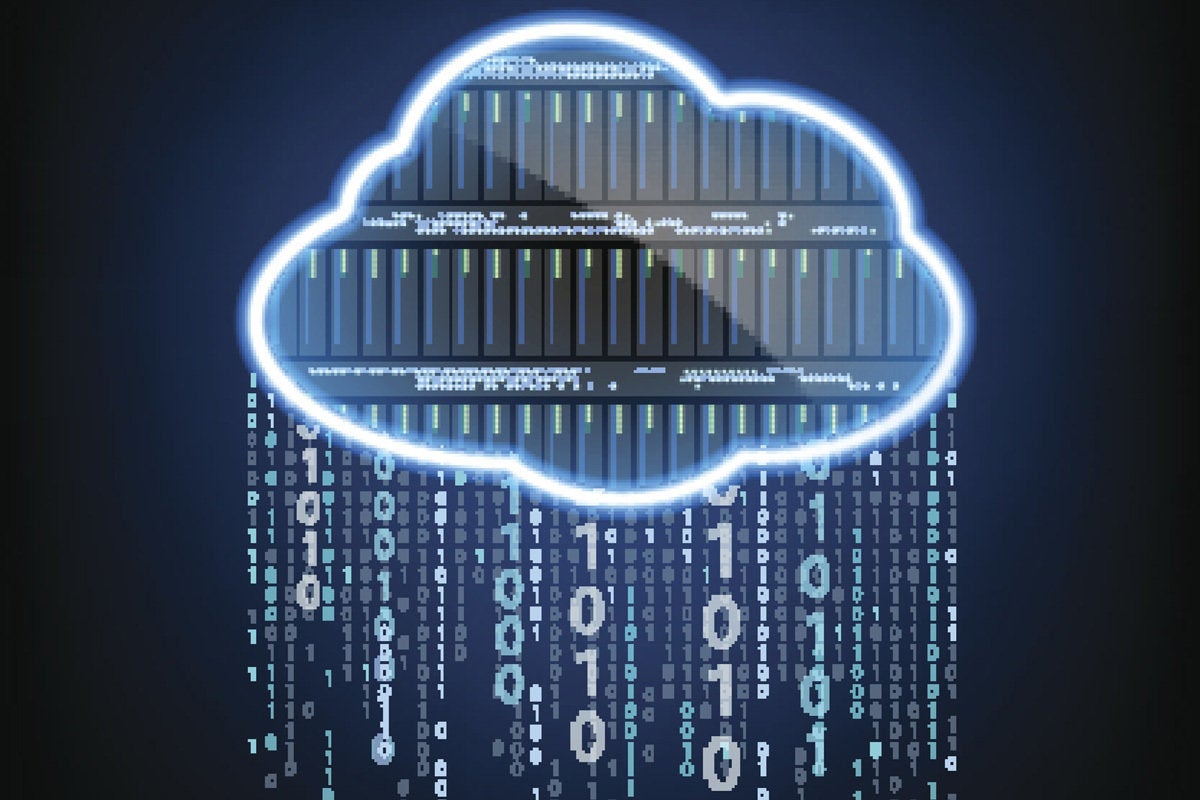Cloud content management company Box and Google Cloud have announced an expansion of their partnership in an effort to transform work within the enterprise through the use of generative AI.
Box is integrating with Vertex AI, Google Cloud’s unified AI platform, to build new generative AI features, including a new metadata extraction capability designed to help its customers process and analyze data faster.
Vertex AI is a machine learning (ML) platform that allows users to train and deploy ML models and AI applications, and customize large language models (LLMs) for use in AI-powered applications. Vertex AI combines data engineering, data science, and ML engineering workflows, enabling teams to collaborate using a common toolset to scale applications through the use of Google Cloud.
Generative AI is going to transform almost every industry and have a particular impact on knowledge and enterprise workers, said Stephan Orban, vice president of migrations, independent software vendors, and marketplace, at Google Cloud.
He added that when it comes to the software company partnerships that he looks after, he’s seen generative AI fitting into organizations at a number of different levels, with applications like Box, which sit on top of Vertex AI, using the technology to serve a number of different applications.
As part of the new integration, customers will be able to automatically classify and label documents en masse to surface important information about, for example, contacts nearing their expiration or invoices that require payment.
Box uses Google’s Vertex AI to extract metadata from documents.
Users will also be able to define metadata templates to extract information for customer use cases, such as automatically recognizing or tagging products in images, or populate defined metadata templates and integrate them with ERP and CRM systems to automate workflows.
Finally, the new integration will be able to identify and preserve critical information, such as timestamps, authorship, and document versions. Metadata can also be recognized and extracted in multiple languages in order to ensure consistent term recognition while operating across different regions.
The new features will be available to users first as an API.
“At Box, we’re focused on unstructured data in the enterprise and we believe that the capabilities of AI are going to be really great when you apply them to enterprise content,” said Ben Kus, CTO at Box.
Although Kus said Box considers itself to be “platform neutral” from the perspective of wanting to use the best models for the best use cases, he said Google’s technology offered the machine learning capabilities necessary to facilitate metadata extraction.
“We believe that the future value of AI will exist in places where it’s actually going to make a difference, such as applying AI to enterprise content and unstructured data,” Kus said. “It was so hard in the past to really…
2023-11-08 10:41:14
Link from www.computerworld.com
